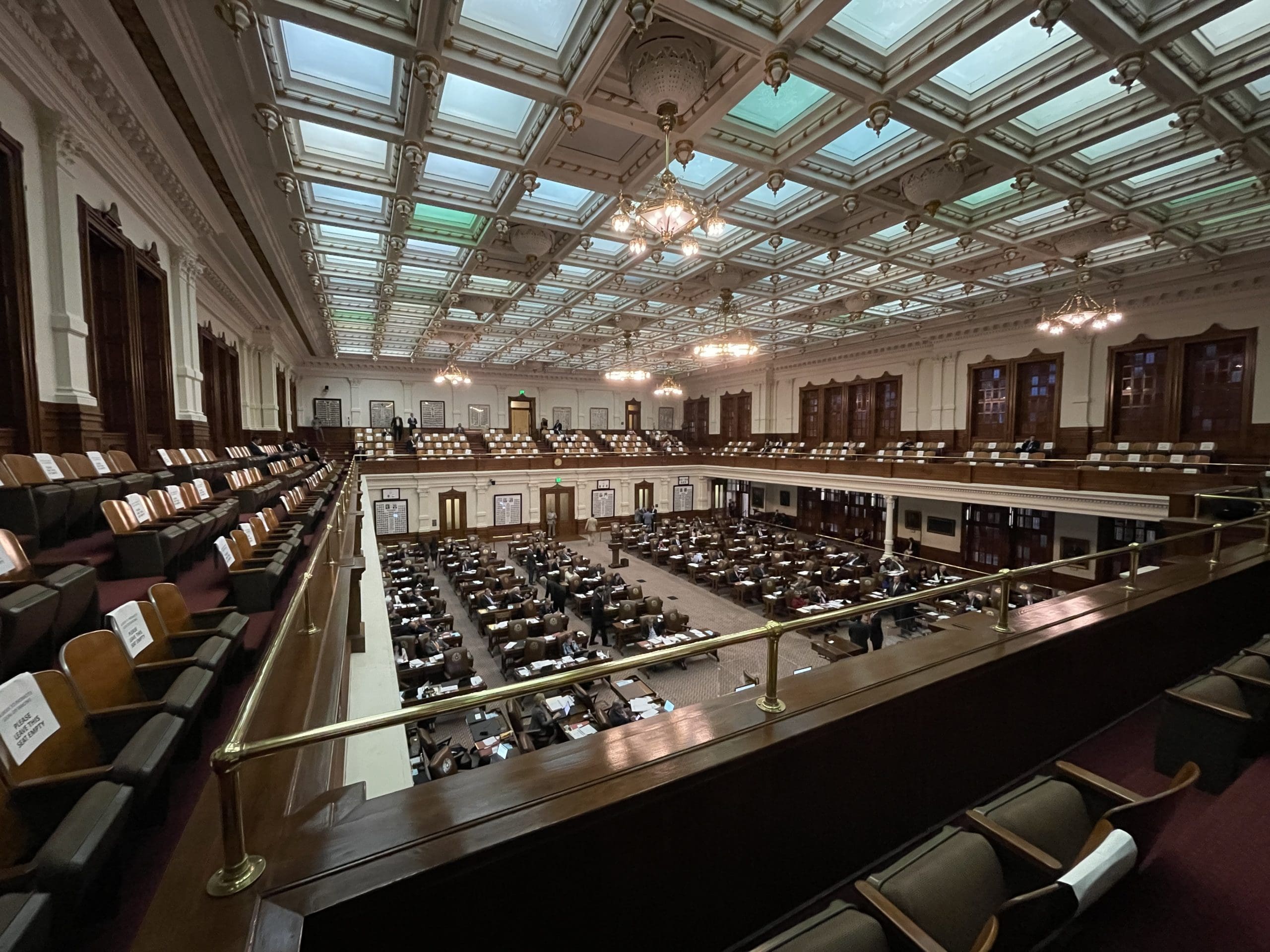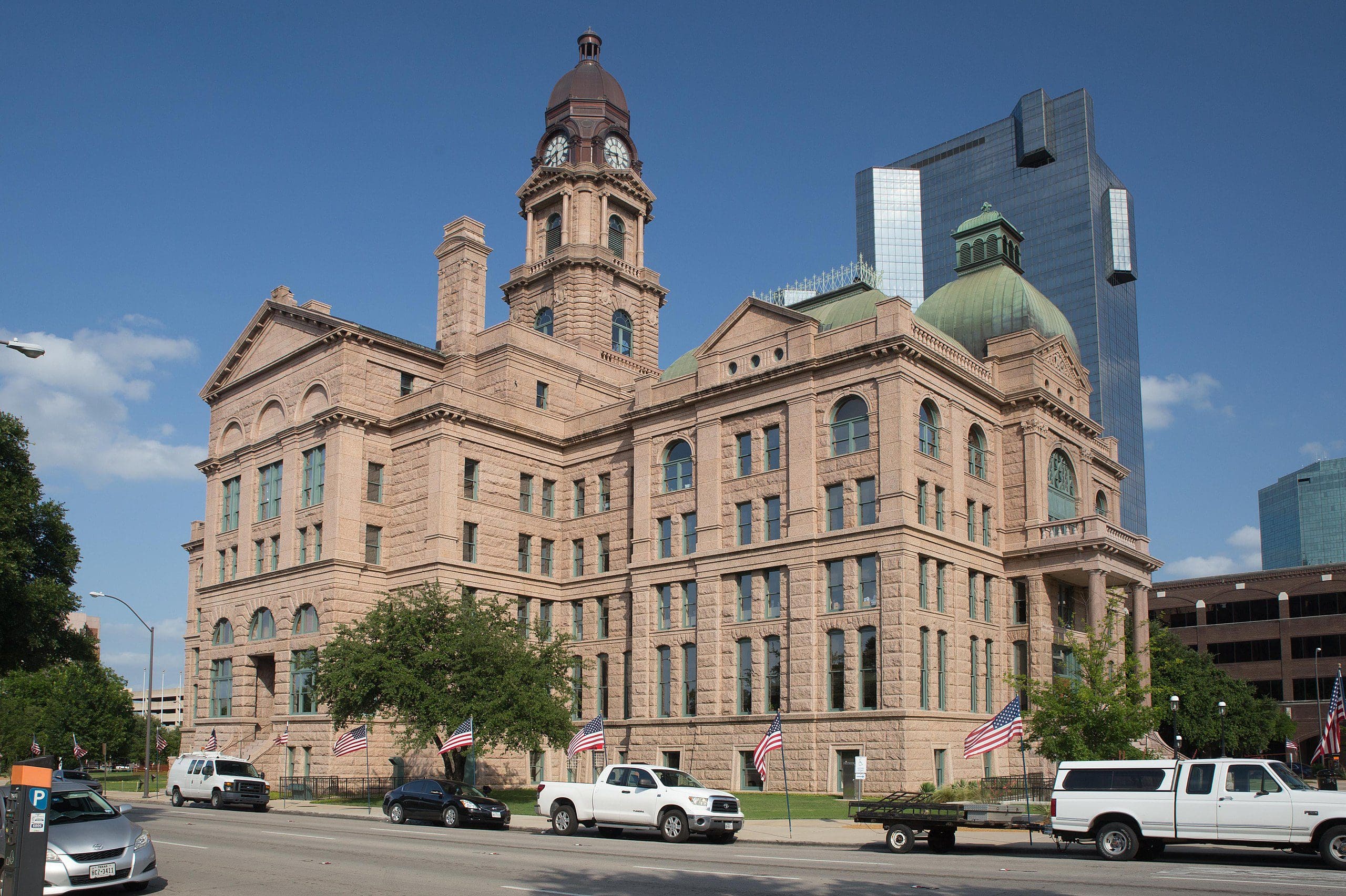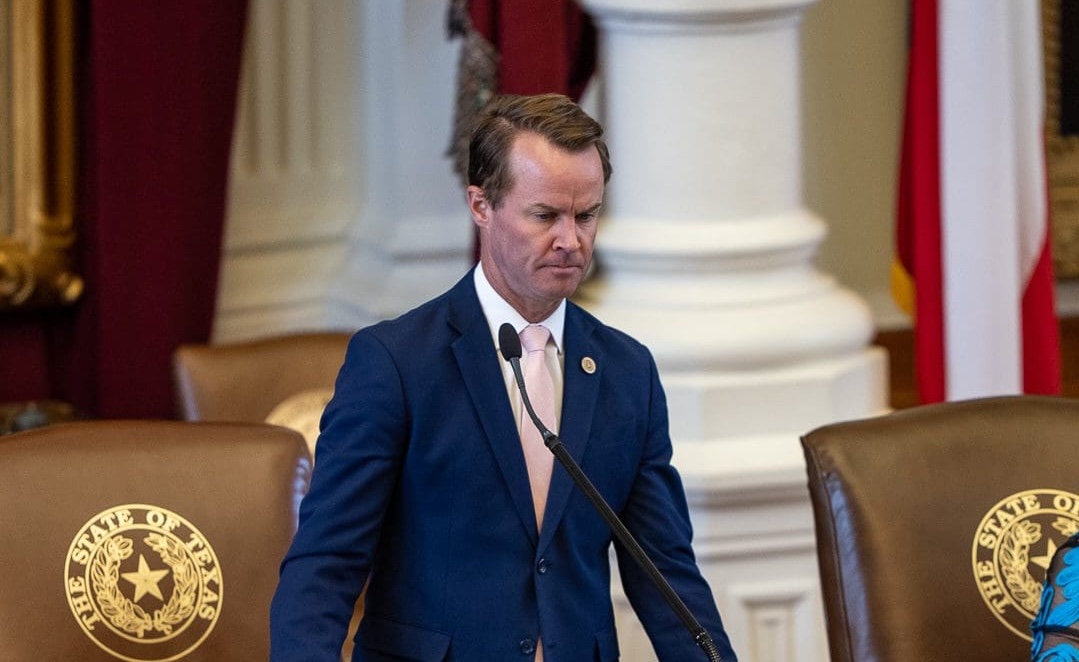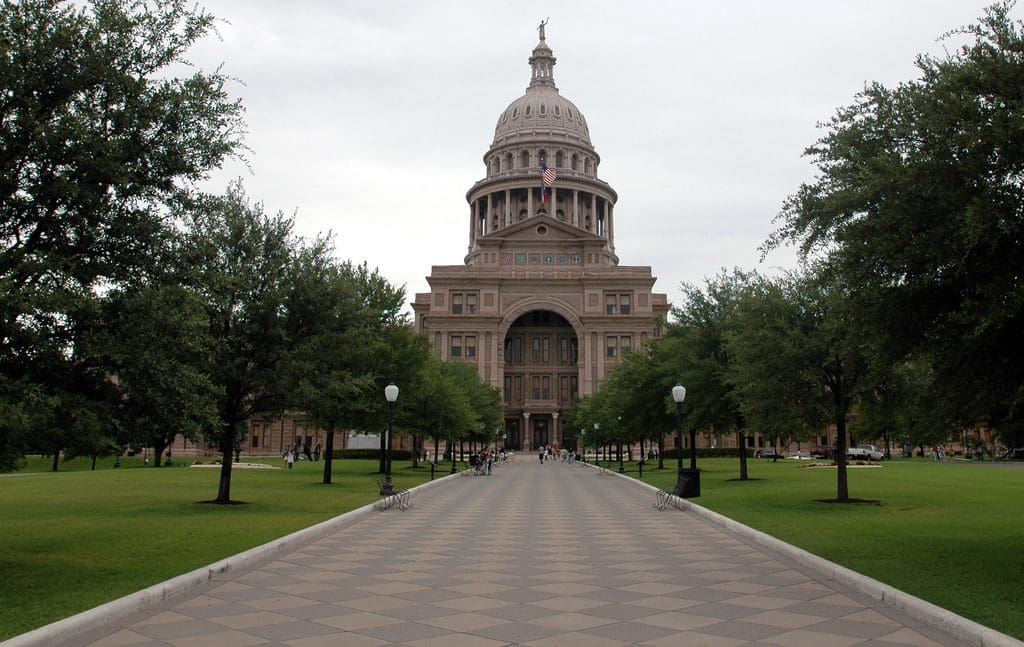The self-imposed deadline in the Texas House has come and gone, precluding them from considering any additional House bills or House joint resolutions.
This deadline marks the first of several over the next few weeks that all culminate at the end of the 87th Legislative Session, or sine die.
This deadline, however, meant more than just another date on the calendar—it sealed the legislative fate for hundreds of bills still languishing in the legislative process, including priorities of the Republican Party of Texas.
What Died Sitting on a Calendar?
The legislative process is designed to be limiting. There are several points along the way where a bill can meet its fate, and many had done so even before this deadline.
For the ones that did make it onto a calendar, several were never considered because the House simply never got to them, as they were unable to consider them before the clock ran out.
One of these bills is House Bill 1399 by State Rep. Matt Krause (R–Haslet), which would have prohibited physicians from conducting gender transition surgeries or administering puberty blockers on minors. The bill boasts 48 other Republican authors. It passed the House Public Health Committee on April 15, but the committee report was not sent to the House Calendars Committee until April 27. The House Calendars Committee did not consider the bill until May 10.
A bill related to election integrity died on the calendar. Authored by State Rep. Jacey Jetton (R–Sugar Land), it would have required the Texas Secretary of State to monitor county clerks and voter registrars to ensure uniform compliance with election laws relating to voter roll maintenance.
The Texas Health Care Conscience Protection Act, related to religious freedom, by State Rep. Tom Oliverson (R–Cypress) would have expanded conscience protections to allow a person to decline participation in a healthcare service for reasons of conscience and provide liability protection for a person who exercises that right. This bill boasted 53 other Republican authors.
A monument protection bill authored by State Rep. Cole Hefner (R–Mt. Pleasant) and 29 other Republican authors died sitting on the calendar. The bill would have provided for uniformity in law on both the state and local levels by which public monuments and memorials could be removed, relocated, or altered. It would have also reactivated the historical representation advisory committee to provide guidance on the addition and removal of monuments as a part of the Capitol complex.
All of these were legislative priorities of the Republican Party of Texas.
What Died in the Process of Getting to the Floor?
A ban on taxpayer-funded lobbying took the form of a few bills this session. The statewide ban, authored by State Rep. Mayes Middleton (R–Galveston) was heard in the House State Affairs Committee back on March 26. It never moved beyond that, even though it boasts 42 other Republican authors. Its companion in the Senate, authored by State Sen. Bob Hall (R–Edgewood), was referred to the Senate State Affairs Committee on March 3 but was never granted a hearing. A ban on using taxpayer funds to lobby the federal government, authored by State Rep. Jacey Jetton (R–Sugar Land), never received a hearing in the House State Affairs Committee after being referred there on March 15. The only bill that has moved through the legislative process at all is a ban on city and county governments using taxpayer dollars to lobby. It is authored by State Sen. Paul Bettencourt (R–Houston), and it passed the Senate on April 15. It has been sitting in the House State Affairs Committee since April 20. It has until Tuesday, May 25, to be considered by the House before dying.
Several monument protection bills also died in the House. A bill by State Rep. Steve Allison (R-San Antonio) would have increased the criminal penalty for damaging or destroying a public monument. It was heard in the House Criminal Jurisprudence Committee, which is chaired by Democrat State Rep. Nicole Collier (Ft. Worth), on April 26 but was left pending. It boasted 20 other Republican authors. State Rep. Kyle Biedermann (R–Fredericksburg) had a bill that would have required the Texas General Land Office to acquire the maintenance of the Alamo Cenotaph and also required that the Cenotaph not be moved outside the Alamo Complex. It was referred to the House Culture, Recreation, & Tourism Committee, chaired by State Rep. Ken King (R–Canadian) on March 18, but it was never granted a hearing. Similarly, State Rep. Bryan Slaton (R–Royse City) had a bill that would have added additional regulations on the prevention of moving or altering certain types of monuments, including the Alamo Cenotaph. It was also referred to the same committee on March 17 but was never granted a hearing.
The House has also been reluctant to allow any bills seeking to reform executive authority to get anywhere in the legislative process. State Rep. Matt Schaefer (R–Tyler) authored a bill that would have prevented both the governor or local governments from mandating the wearing of a mask. Schaefer also authored a bill that repealed a portion of the Texas Disaster Act that provided for penalties for violating an emergency management plan to include any fines that could have been imposed of up to $1,000. Both bills were referred to the House State Affairs Committee on March 15 but were never granted a hearing. State Rep. Steve Toth (R–The Woodlands) authored a bill proposing an amendment to the Texas Constitution that would explicitly state that no order or proclamation issued by the governor may violate or suspend constitutional rights. It also would have required the governor to convene the Legislature in a special legislative session to renew or consider the extension of a disaster declaration after 30 days. State Rep. Brooks Landgraf (R–Odessa) authored a bill that similarly would require the governor to call a special session of the Legislature after 60 days of a declared disaster under certain circumstances. Both bills were referred to the House State Affairs Committee on March 1 but were never granted a hearing. In contrast, the Senate has passed bills reforming executive authorities on both the state and local levels that have been sitting in the House State Affairs Committee since mid-April.
What is Next?
Friday marks 18 days until the end of the 87th Legislative Session. Leading up to the end are several key deadlines, including Saturday, May 22, which is the last day House committees can vote out Senate bills and Senate joint resolutions, and Tuesday, May 25, the last day the House can consider Senate bills and Senate joint resolutions on second reading.
The last few days of the legislative session are primarily dedicated to reconciling differences between House and Senate versions of passed bills. With such limited time left, the prospects for the few priorities that did make it beyond this initial hurdle are still in limbo. The next week or so will be vital.





